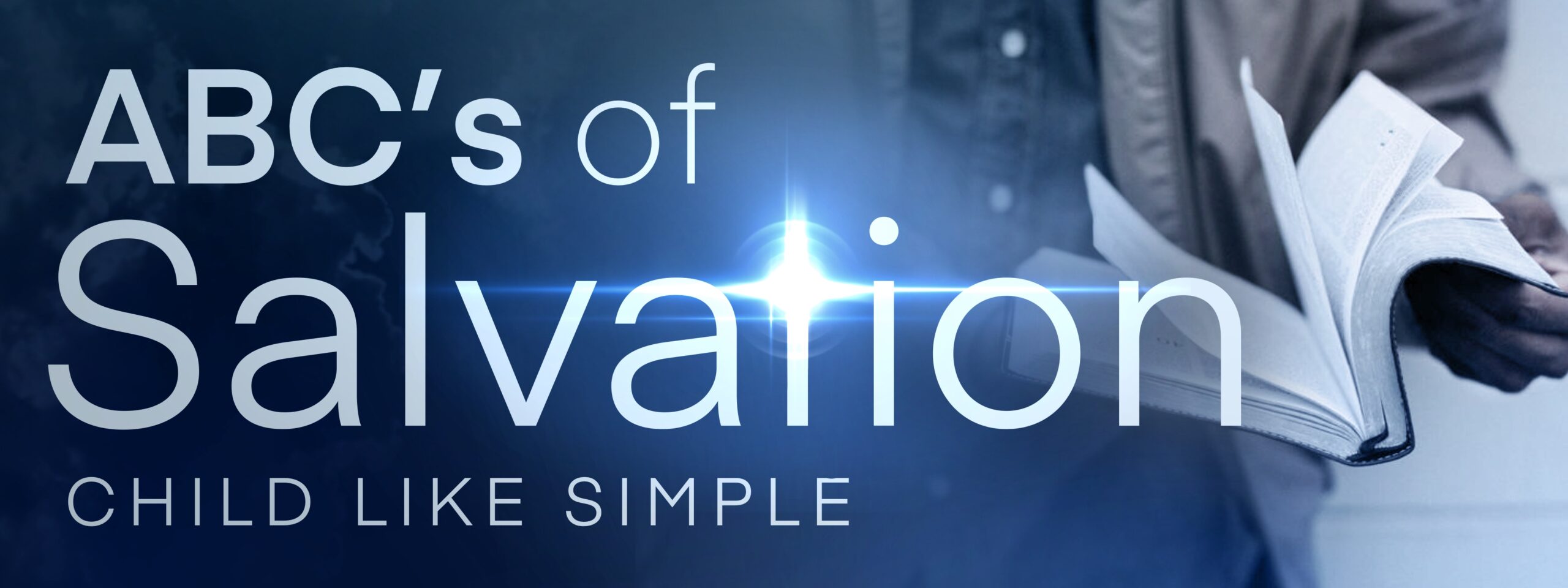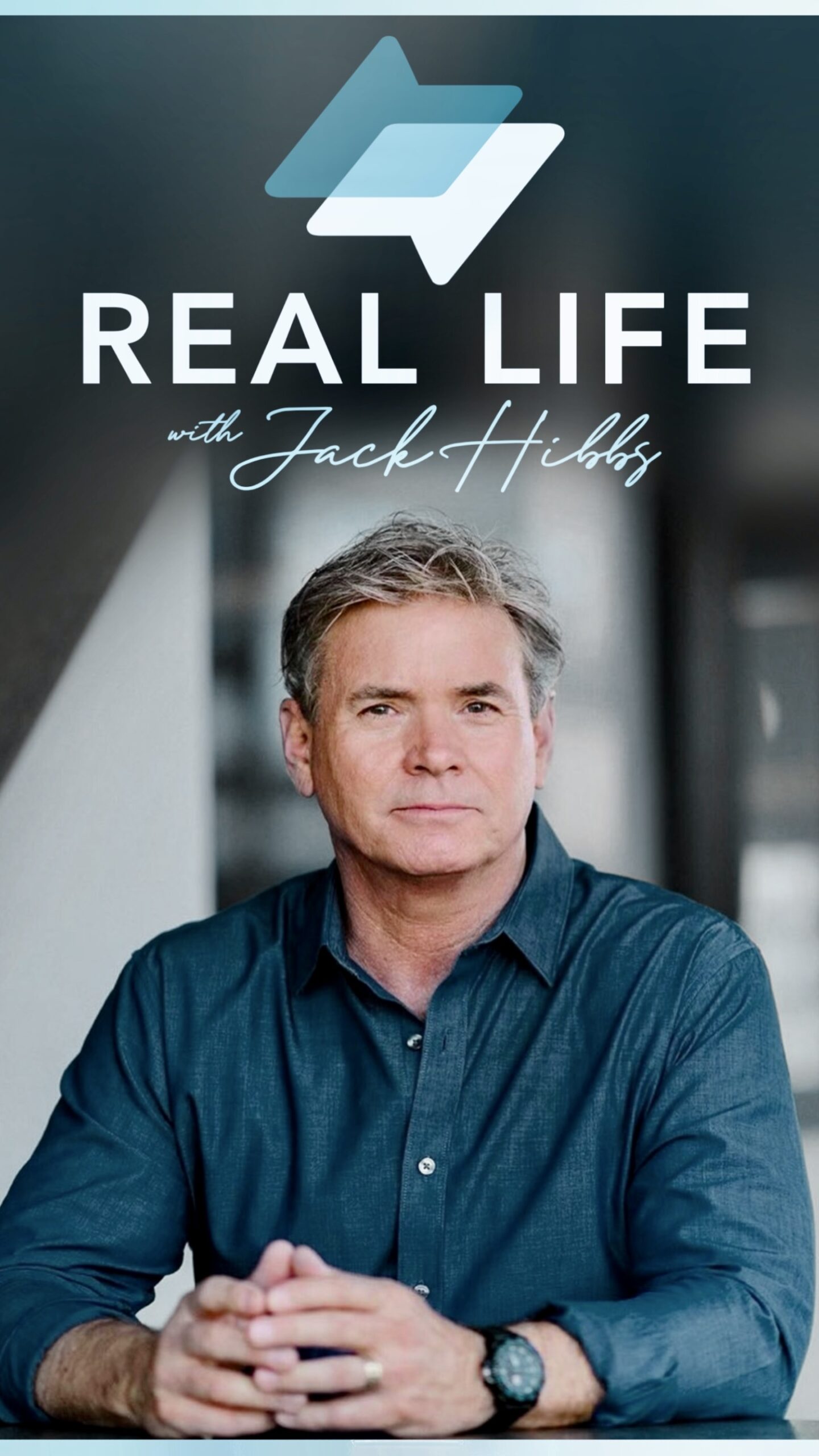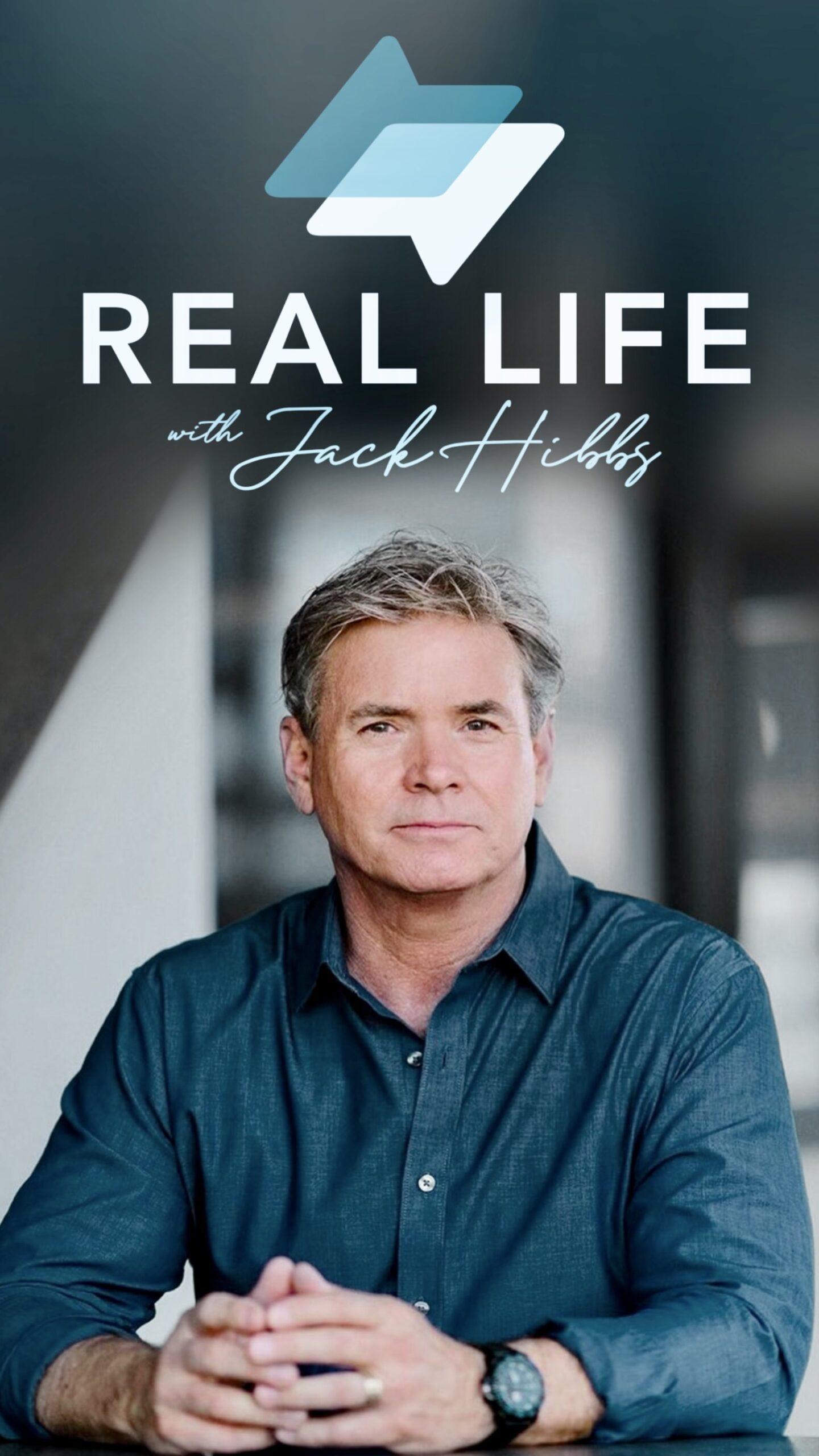“Our heart, reason, intelligence, [and] history all summon us with loud and convincing voice to the knowledge that union with [Christ] is absolutely necessary, that without Him we would be unable to fulfill our purpose, that without Him we would be rejected by God, and that only He can redeem us.”
–Karl Marx
Karl Marx, whose later atheistic writings sowed ideas that would reap millions of deaths, penned the above words as a teenager in 1835, shortly before leaving home for a secular university.
Nearly two centuries later, I stood speechless outside the University of Berlin, where Marx had spent most of his student career. How—of all the possible days to visit this university—had I arrived during a major protest championing Marxist-based themes?
Scanning the forest of handheld flags around me, I saw a fluttering riot of insignias ranging from communist organization logos to multicolored banners to the Soviet hammer-and-sickle emblem. Not far away, young people representing the Socialist German Workers Youth held a sign which translated to, “Your war, our dead. Peace to the workers. War to capitalism.”
![]()
In Your Inbox
These weren’t the first signals of socialist revival I’d encountered during my backpacking journey to trace the history and consequences of Marxism. A month earlier, at a university in London, I’d spotted a poster for a “Marxism 2022” event promising a “festival of socialist ideas.” And a few weeks before that, I’d glimpsed a sign in Northern Ireland that stated, “Sectarianism, climate change, gender violence . . . we can’t live with capitalism!”
Considering these words, I recalled another poster I’d seen at a Canadian secular university nearly four years earlier. The advertisement had invited students to join Canada’s Young Communist League, declaring, “Capitalism is war, racism, climate crisis, xenophobia, student debt, poverty wages, patriarchy, colonialism, unemployment, and precarious work.”
In Canada, the UK, and Berlin, these messages represented just a few (literal) signs of a wider phenomenon we’re seeing unfold across the globe. It’s a phenomenon that exploits cultural issues to promote a Marxist-informed worldview rooted in humans’ age-old desire to be “like God” (Genesis 3:5). It’s an agenda that tells us we can—and must—become our own creators, saviors, and authorities for truth. And it’s ultimately a works-based religion whose followers demand that others not only stay out of the way but also actively support the cause.
How did Karl Marx become the “poster boy” for today’s cultural manifestations of a lie first whispered in Eden? Let’s look closer at who Marx was and what he believed, so we can better recognize, understand, and respond to Marxist-informed thinking today.
Getting to Know Karl Marx
Born in 1818, Karl Marx grew up in a nominally Christian family in the Prussian (now West German) town of Trier. Although earlier generations of the Marx family had been rabbis, Karl Marx’s father became a professing member of Prussia’s official Protestant church for sociopolitical reasons. The young Karl Marx was officially baptized as a Protestant, exhibited “fairly clear and well grounded” knowledge of Christianity in school, and penned the fervent—if perhaps sometimes theologically confused—Christian-themed essay quoted above.
Despite his early knowledge of God’s Word, Marx plunged into a rather unbiblical lifestyle after leaving home to study law at the University of Bonn. He soon transferred to the University of Berlin, where he devoured philosophy—especially the teachings of Georg Wilhelm Friedrich Hegel. Hegel believed that ideas ultimately drive history and that the material world is part of an (capital-I) Idea in the process of coming to grips with itself. But Marx would later teach the opposite, believing that material realities give rise to the processes that—sometimes by way of ideas—drive history. (But more on that later).
Meanwhile, at university, the militantly atheist teachings of Ludwig Feuerbach, one of Hegel’s young disciples, also influenced Marx. Feuerbach, who taught that humans created God in their own image, condemned “religion” as a myth that alienates (cuts off) humanity from reaching its full potential. Marx would later criticize Feuerbach for only thinking about perceived problems rather than doinganything about them. But Feuerbach’s ideas nonetheless helped serve as a springboard for Marx’s. Marx also (temporarily) befriended another fiercely atheistic follower of Hegel, Bruno Bauer, with whom Marx considered starting an atheistic periodical. By then, Marx had thoroughly rejected belief in God.
After leaving university, Marx tried his hand at journalism by writing for a politically radical newspaper. When Prussia banned the newspaper in 1843, Marx and his young bride headed to Paris, where Marx contributed to another radical periodical. There, he befriended his future lifelong collaborator, the German philosopher and factory owner Friedrich Engels. As the following years—and further political drama—led Marx to Brussels, Cologne, and London, he and Engels continued developing their ideas, organizing fellow communists, and co-authoring mountains of manuscripts. Just what worldview did these writings promote?
Marxism: A Human-Centered Religion
Pinning down the details of Marx’s beliefs is hardly straightforward. Different writers interpret him in different ways, certain elements of his thinking and terminology shifted throughout his life, and his works were “incomplete and inconsistent.” Entire careers have been devoted to debating the nuances of Marx’s statements. So, this will by no means be an exhaustive discussion but an introduction to a few core basics of Marx’s worldview. To start, it’s worth comparing how God’s Word and Marx’s thinking address three major questions:
- What kind of beings are humans?
- What is humanity’s core problem?
- What is humanity’s hope for redemption?
Here are the basic biblical answers:
- Humans are created beings. God created us in his image for his glory, designed us for relationships with himself and one another, and tasked us to represent his loving authority over creation.
- Humanity’s core problem is sin. Adam and Eve’s rebellion against their Creator brought death and suffering into the world, alienating humans from one another, from the creation over which we’re to exercise dominion, and from God himself.
- Humanity’s hope is found in Jesus. Only the Son of God in human flesh could pay sin’s physical and spiritual death penalty on behalf of all people who put their faith and hope in him. He lived on earth, died on the cross, and rose from the grave, defeating death. He will fully reconcile creation to himself in the new heavens and new earth, restored to perfection forever.
Now for the basic answers according to Marx:
- Humans are creators. We arose naturally and constantly shape nature according to our own needs, dreams, and desires. When we are free to do so in harmony with others actively, we most fully express our humanity. As we shape our world and societies, our world and societies shape us. By creating our world, we create ourselves.
- Humanity’s core problem is its socioeconomic structure. The rise of labor practices and private property ownership engendered social division, inequalities, and exploitation. The resulting socioeconomic conditions enslave workers to oppressive business owners, alienating the masses from fully expressing their humanity.
- Humanity’s hope is found in revolution. The current economic system is inherently unstable and must collapse as workers awaken to their exploited status, band together, and overthrow their oppressors by whatever means necessary. A communist new world order will result, where institutions of family, church, and state will be no more.
That’s a rough outline of Marxism. The next three sections of this article will color in some key contours of Marx’s thinking in a little more depth.
Humans as “Creators”
Marx’s fundamental wrong turn was to reject God’s Word, leaving Marx to construct his own human-centered religion. Instead of recognizing our Creator as the unchanging reference point for truth, meaning, and morality, Marx placed man at the center of reality so that man “revolves around himself and thus around his [own] true sun.” But Marx’s own analogy highlights a key logical issue with his atheism. Specifically, man cannot serve as his own “true sun” any more than the earth can revolve around itself. Like how the laws of logic, math, and morality must be founded on something outside themselves to exist and be meaningful, so humanity cannot rationally function as its own source of being, meaning, and truth. Placing humanity in the impossible position of serving as its own creator is Marxism’s foundational mistake.
So, if Marx rejected God as the Creator, where did humans originate? Enter Charles Darwin. Although Marx had embraced atheism long before Darwin popularizedevolution with his 1859 book, On the Origin of the Species, this book’s publication gave Marx a seemingly scientific argument for his own philosophy. Marx wrote,
Darwin’s book is very important and serves me as a basis in natural science for the class struggle in history. . . . Despite all [Darwinism’s] deficiencies, not only is the death-blow dealt here for the first time to ‘teleology’27 in the natural sciences but their rational meaning is empirically explained.28
In other words, Marx thought evolution offered a way to (1) explain scientific observations apart from God and (2) a way to interpret the conflict between social classes—a key theme in Marxism—as part of a natural struggle for survival.
If humans evolved apart from God, as Marx believed, then it’s up to humans to define the truth about what being human means. For Marx, to be human is to be a creator of reality—and of humanity itself—by actively shaping and controlling our physical and social surroundings. Marx realized that, unlike animals which manipulate their surroundings by building nests, hives, webs, and dams, humans shape the world in ways that go beyond mere survival and reproduction. But instead of recognizing these creative capacities as gifts from God reflecting our image-bearing nature, Marx assumed our conscious abilities arose from man’s self-directed social development.
Marx believed that as humans work to shape the world in line with their own creative visions, they shape themselves. “By thus acting on the external world and changing it,” said Marx, “[man] at the same time changes his own nature.” This “self-creation” can happen, according to Marx, as humans “bring out new qualities in themselves, develop themselves in production, transform themselves, develop new powers and ideas, new modes of [social relationships], new needs, and new language.” Marx thought these processes allow humans to indirectly create themselves as the world and social systems they fashion shape them in return. For better or worse, surmised Marx, “circumstances make men just as much as men make circumstances.”
If circumstances create humans, then it’s up to humans to create the kind of circumstances that will be best for further creating humanity. Marx concluded that doing so would require treating humans as a unified collective rather than self-seeking individuals because Marx viewed humans as essentially social. He wrote, “If man is shaped by environment, his environment must be made human. If man is social by nature, he will develop his true nature only in society.” Humans working as a communist whole to create themselves and their world is Marx’s vision of human fulfillment.
The “Gospel” According to Marx
The problem, thought Marx, is that humans have created social conditions that thwart the possibility of living a fulfilled human life. In the drama of history, as Marx portrayed it, the curtains opened on early humans existing in a material world. There, they experienced food, water, clothing, and shelter needs. Humans began developing production methods—including tools and techniques for hunting, gathering, and agriculture—to meet these needs. People started structuring their social relationships around these production practices along the way. Most significantly, humans began dividing production processes into different tasks to be accomplished by different individuals. Marx thought that this “division of labor,” together with a corresponding rise in private ownership over the means of production (for instance, land, machines, and tools), led to social divisions, inequalities, and the ultimate dehumanization of workers.
Since then, according to Marx, people with more power, assets, and status have been exploiting and oppressing those with less, all to gain more for themselves. Meanwhile, those forced to labor for others must go through life alienated from their fellow workers, their products, the opportunity to shape the world in line with their own visions, and—ultimately—from being fully human. For Marx, the rise of divided labor marked the fall of humankind.
Now we can see the vicious cycle that Marx believed drove history. The cycle begins when human needs give rise to production practices, which give rise to social relationships, which give rise to oppression, alienation, and class conflict. These new circumstances represent a new set of needs, which most deeply affect the oppressed classes. Awakening to these needs produces a “class consciousness” among the oppressed, who realize their exploited state and determine to do something about it.40 In this case, doing something requires revolting against the oppressors, overthrowing current social conditions, and emerging as the new ruling class. These new circumstances create new needs for a new oppressed class, which must stage a new revolution in response. And on the cycle rolls.
But Marx didn’t think this process could last forever. He concluded that social exploitation had reached its peak with Industrial Revolution capitalism, where masses of low-paid workers (the proletariat class) toiled for a handful of wealthy business owners (the bourgeois class). The class struggle had become so pronounced, thought Marx, that capitalism could not help collapsing beneath the weight of its own inequalities. Believing the time for an ultimate revolution had dawned, Marx and Engels called for “the forcible overthrow of all existing social conditions” by rallying, “Working men of all countries, unite!”
Stages of Communism
Just what did Marx hope this revolution would accomplish? First, the means of producing consumer goods would no longer be private property. Instead, the proletariat would take over factories, farms, and other “means of production,” making these assets the collective property of “The People.” The proletariat would also usurp the government to establish a (supposedly temporary) dictatorship. Along the way, thought Marx, the proletariat could justifiably achieve their goals by means of violence.
However, Marx recognized that this dictatorial phase of “crude communism” was hardly conducive to human flourishing. So, he thought that increasingly “higher” stages of communism would emerge as people learned to put the old system of private property behind them. Meanwhile, institutions including family, church, and state—all of which Marxism classically tends to view as pillars of an oppressive socioeconomic system—would vanish. Marx stated in one of his earlier manuscripts,
Religion, family, state, law, morality, science, art, etc., are only particular modes of production and fall under its general law. The positive transcendence of private property as the appropriation of human life, is therefore the positive transcendence of all estrangement—that is to say, the return of man from religion, family, state, etc., to his human, i.e., social,existence.52
In other words, Marx believed the end of private property—and with it, religion, family, and state—would enable the ultimate stage of human self-creation. No longer would social divisions persist. No longer would families be the focal point for raising and educating children. No longer would individuals work and live for themselves. Rather, every person would find their life, purpose, and identity in functioning as a collective human entity meant to serve as its own “god.”
Bingo, humanity’s core problem solved.
Right?
Not so fast.
Real Problems, Wrong Solutions
It’s no secret that multiple nations tried to apply variations of Marx’s ideas throughout the twentieth century—with consistently disastrous results. The revolution Marx had thought inevitable never played out according to plan. Neither did systems of “crude communism” take flight beyond the level of dictatorships.
Of the many possible reasons Marx’s predictions failed, two important factors were Marx’s (1) mistaken socioeconomic assumptions and (2) faulty worldview beliefs. Regarding socioeconomics, Marx seemed to incorrectly assume that history mustprogress along an economically predetermined path (at least to some strong extent). He ignored that many problems associated with Industrial Revolution capitalism were not necessarily inherent to free market systems. And he overestimated how motivated real people would be to contribute to a collectivist society without direct private incentive.
But even more significant was Marx’s shaky worldview foundation. Rejecting God’s Word left Marx with a wrong view of humanity’s nature, core problem, and redemptive hope. Marx looked at real Industrial Revolution-era problems through the lens of this faulty worldview and proposed the wrong solutions.
Ultimately, Marx’s solutions could not work because they neglected that the root problem behind greed, alienation, and exploitation is not capitalism, private property, or divided labor but sin. And sinful humans cannot save themselves—much less by sinful means. Even if fallen humans tried committing revolution anyway to establish a “dictatorship of the proletariat,” how likely would they relinquish their powers in hopes of achieving utopia? Dr. Joe Boot rightly remarked of all attempts to set “The People” in place of God, “Because man is a sinner, these utopian schemes must always be dystopian in their outcomes.”
The Ghost of Marx Returns
As we’ll see in future blog posts, more recent movements based on Marxism-informed thinking make the same types of foundational mistakes. These “neo-Marxist” thinkers may recognize problems with Marx’s economic assumptions. But they hang onto faulty worldview assumptions, believing that humanity’s core problem and redemptive hope lies somewhere other than God’s Word reveals.
Marx believed humanity’s problem lies in oppression between economic groups, but neo-Marxist movements locate the problem in oppression between culturalgroups. While the Bible condemns oppressive actions against vulnerable groups, including orphans, widows, and the poor, neo-Marxist movements view oppression not primarily as an action but as an identity. According to such views, someone is an oppressor not because they commit oppressive deeds but because they belong to one or more groups considered oppressive—typically, European Christian males. Oppressed groups must, by this thinking, awaken to their oppressed status and stage a cultural revolution. These ideas lie at the roots of influential teachings we see spreading through society today, including critical theories, gender ideologies, and certain types of climate change activism (“environmental justice”).
These connections explain why the Marxist signs, flags, and posters I saw on my travels raised themes including climate crisis, patriarchy, and racism (even though Marx himself expressed blatantly racist statements). In today’s “cancel culture,” Christians who resist affirming the unbiblical aspects of movements promoting such messages face increasing risks in their personal, professional, and academic lives. But because (neo-)Marxist teachings have been gaining such momentum, because their faulty worldview foundations engender faulty solutions, because they counter clear teachings from Scripture, because they attack biblical institutions including the family unit, and because they demand allegiance to human agendas over God’s Word, Christians must be ready to respond in a biblical manner.
How Shall We Then Live?
Encouragingly, the kinds of pressures building against churches and families today are nothing Christians haven’t faced before. Nearly two millennia ago, Paul addressed the same underlying problem we’re seeing now—and offered a response—when he told Timothy,
2 Timothy 3:12-15 KJV – “Yea, and all that will live godly in Christ Jesus shall suffer persecution. But evil men and seducers shall wax worse and worse, deceiving, and being deceived. But continue thou in the things which thou hast learned and hast been assured of, knowing of whom thou hast learned them; and that from a child thou hast known the holy scriptures, which are able to make thee wise unto salvation through faith which is in Christ Jesus.”
Evil, lies, and persecution will grow worse, according to Scripture. Being aware of these realities is the first step to preparing ourselves in response—a point that highlights why Christians are wise to be aware of the Marxism-informed ideas deceiving so many today.
With that awareness of worsening deceptions established, Paul offers practical advice for staying faithfully grounded in a biblical worldview. Significantly, his advice reflects the three foundations Christian students I’ve spoken with around the world say helped them navigate secular universities. These foundations also appear as recurring themes in biographies of Christians who have impacted history, survived persecution, and stayed strong during past communist regimes.
- Spiritual foundations refer to maintaining a close personal walk with Godthrough consistent prayer, worship, and Scripture study. Paul emphasized spiritual foundations by exhorting Timothy to continue in the biblical teachings he’d learned. Correspondingly, Christians today can respond to the neo-Marxist deceptions of culture by cultivating a deep, heart-level familiarity with God’s Word.Only by first knowing God’s Word this way can we recognize Marxism’s deceptive doctrines, stand on biblical authority, and faithfully live out the Bible’s truth in today’s world. On that note, Romans 12 offers numerous examples of how to live biblically in a hostile society, culminating with the line, “Do not be overcome by evil, but overcome evil with good.” Importantly, one powerful way to overcome evil with good and strengthen our spiritual foundations is by praying for our lost culture.
- Intellectual foundations involve learning to defend a biblical worldview by studying apologetics and practicing biblical critical thinking. Paul’s statements contrasting the world’s lies with the biblical truths that Timothy had firmly believed remind us how intellectual foundations can help us recognize false teaching while keeping a firm grip on sound doctrine (see also 1 Peter 3:15). By honing these foundations, we become better equipped both to answer for our biblical worldview and to demonstrate the problems with a (neo)-Marxist one.
- Interpersonal foundations consist of strong Christian community networks, including godly family, friends, mentors, and a local biblical church. Paul referenced the significance of such networks when he mentioned Timothy’s trust in the people who had taught him God’s Word. Paul was also contributing to Timothy’s interpersonal foundations by writing to him. As Christians today, we must maintain strong relationships with other believers like Paul and Timothy did and defend the relational institutions of marriage, family, and church. After all, these are the very institutions that (neo-)Marxist agendas seek to strategically undermine.
Along with building our own foundations, we can invest in the foundations of the next Christian generation by spiritually discipling, intellectually training, and interpersonally mentoring younger believers. The call for investing in young people rings ever louder the more we remember that a core strategy of Marxism-related movements is to target young people, who represent society’s future decision-makers. As Christians, we must be at least as intentional about discipling the next generation as the secularists are.
But our mission doesn’t end there. The people buying into today’s (neo-)Marxist messages seek redemption, hope, and liberation for humanity in a place where these goals can never be found. That’s why one of the best ways we can respond to today’s cultural upheaval is to share the gospel.
Summing Up
Ultimately, many of the “social justice” themes championed in today’s culture represent issues being exploited for a neo-Marxist agenda based on a false worldview. This worldview idolizes humans as their own creators, saviors, and authorities for truth. In promoting these ideas, Marx taught a false view of humanity’s nature, the core problem, and redemptive hope. Marx insisted this hope lay in economic revolution—a theme that later neo-Marxists reframed in terms of cultural revolution. In both cases, approaching real problems from a faulty worldview foundation leads to faulty solutions, which can only reap destruction.
In response, Christians must develop, defend, and live out a solid biblical worldview. We can do so by cultivating strong personal foundations, discipling younger people with these foundations, and sharing the gospel with others. In this way, we can offer culture the hope that human philosophy can never deliver—as Marx himself once knew. On that note, the conclusion of the essay Marx penned as a teenager before secular university offers a fitting final reminder:
Thus union with Christ contributes to an inner uplifting, consolation in sorrow, a quiet confidence, and a heart that is open to love for mankind. . . . [This] union with Christ produces a joyfulness which the Epicureans [ancient atheists] sought in vain in their frivolous philosophy. . . that joyfulness which is known only in the free, childlike soul in the knowledge of Christ and of God through Him, Who has raised us up into a higher and more beautiful life












